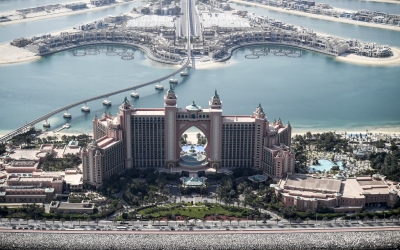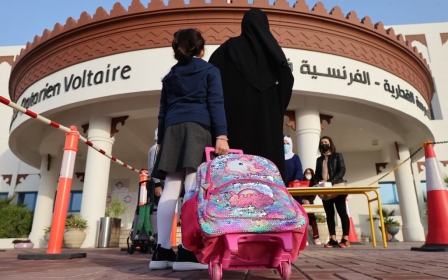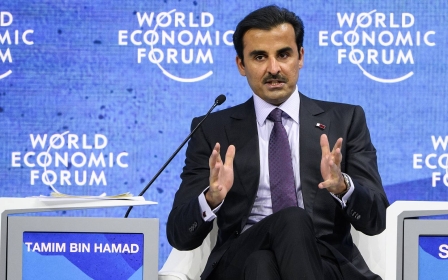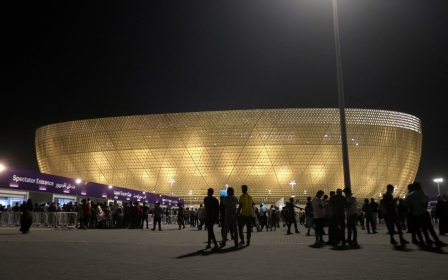World Cup 2022: Qatar plans to be flexible over crimes like drunkenness
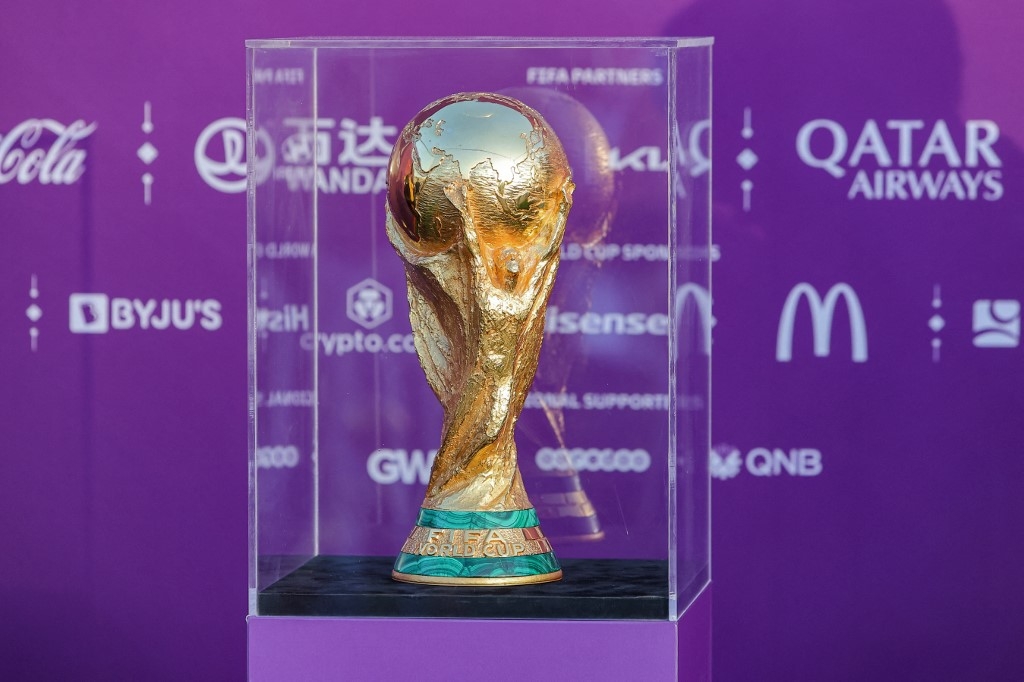
Qatari authorities are preparing to show flexibility for World Cup fans committing minor offences such as drunkenness and public disorder, ahead of the international tournament starting in November.
According to Reuters, a plan is being developed by Qatari organisers that will allow minor offences to escape prosecution, as the country is preparing to host more than one million football fans who hail from all round the world.
A western diplomat told Reuters that an "increased leniency pleases the international community, but comes with the risk that it might upset conservatives inside the country".
However, until now, there has been no official announcement of the plan and what minor infringements could possibly escape prosecution by Qatar's World Cup organisers.
Several embassies have warned their fans to respect Qatari laws which prohibit drinking alcohol in public areas, or they could face punishment.
New MEE newsletter: Jerusalem Dispatch
Sign up to get the latest insights and analysis on Israel-Palestine, alongside Turkey Unpacked and other MEE newsletters
Morgan Cassell, a US diplomat, warned fans, "Remember, while you're in Qatar, you are subject to local laws."
"Arguing with or insulting others in public could lead to arrest. Activities like protests, religious proselytising, advocacy of atheism and criticism of the government of Qatar or the religion of Islam may be criminally prosecuted here. That applies to your social media posts, too."
Qatar, whose citizens are overwhelmingly Muslim and Arab, punishes public drunkenness with a prison sentence of up to six months. It also prohibits displaying public affection or wearing revealing clothes, and homosexuality and sex outside marriage are deemed illegal.
However, the country could potentially relax some laws and make an exception to serving and selling beers near the stadiums a few hours before the matches kick off.
Qatari authorities had informally briefed some European police agencies, who are sending officers to help maintain security during the tournament, about this plan.
"Minor offences won't result in a fine or arrest, but police will be instructed to go to a person and ask him or her to comply...someone who removes a T-shirt in public will be asked to put his T-shirt back on. There is some sort of tolerance," a person familiar with Qatari briefings of several European police officials, told Reuters.
Qatar, with a population of fewer than three million people, is the first Middle Eastern country to host the World Cup.
Middle East Eye delivers independent and unrivalled coverage and analysis of the Middle East, North Africa and beyond. To learn more about republishing this content and the associated fees, please fill out this form. More about MEE can be found here.


